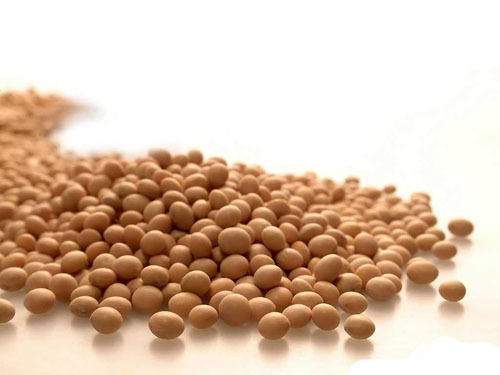Agricultural Soybean Implements "Going Out" Strategy
In recent years, due to the continuous increase in the dependence on the import of soybeans in China, the country has proposed a policy of “going global†in agriculture, encouraging domestic enterprises to contract land overseas, and establishing a stable source of foreign food supply. According to the Heihe Port of Heilongjiang Province, the port has resumed its grain import business in Russia for nearly 10 years since 2011 because of its unique geographical advantage. In 2014, it imported a total of 189 batches of soybeans, 10,400 tons, and 6,885,700 soybeans. The U.S. dollar is expected to see a large amount of imports in January-April 2015, and the total volume of imports is expected to reach a record high. In response, the Heihe Inspection and Quarantine Bureau established three junctures in accordance with national requirements to guarantee the quality and safety of imported soybeans, and at the same time adopted a series of measures to promote the implementation of the "going out" strategy for agricultural enterprises. Green Beans,Delicious Green Bean,Canned Green Bean,Green String Beans COFCO HEBEI INTERNATIONAL TRADING CO., LTD. , https://www.cofcohb.com
According to statistics, since the beginning of 2011, Heihe Port has resumed the grain import business of Russia, which has interrupted nearly 10 years. In 2012, it imported 2165 batches, 58,100 tons, and 15.65 million USD, and the batch, quantity, and value of goods all created “three.†The historical record since the inspection of the first-half year accounted for 64% of the total volume of soybeans imported from border ports in Heilongjiang Province; in 2013, despite the large-scale floods along the Heilongjiang Coast, the import volume still reached 1,260 lots, 28,700 tons, and 7,499,000 USD. It accounted for 40.2% of the province's total imports; due to the increase in the number of registered companies and planted areas in overseas parks in 2014, as well as good crop prospects and the large-scale devaluation of the ruble, and other reasons, the return transportation needs of overseas planters were further enhanced. 2014 The accumulative total imports of 189 batches, 10,400 tons, and 6,887,700 USD, and it is expected that a large number of imports will appear in January-April 2015, and the total import volume is expected to reach a record high again.
It is worth noting that despite the gradual increase in the number of food back sales, due to the uneven quality of “going out†companies, violations of Russian laws and regulations, private import of pesticides, and abuse of agricultural chemicals have occurred from time to time, bringing negative impact on China-Russia agricultural cooperation. Impact, Heihe Inspection and Quarantine Bureau issued a series of measures to ensure the quality and safety of imported food.
According to a food company in Heihe City, for example, it has to go through a sampling inspection outside of China, a sampling inspection after entering the country, and then must be shipped directly to a processing plant. It is not allowed to sell to individuals. The inspection and quarantine department strictly supervises the designated processing plant. an examination.
At the same time, the implementation of the grain rebate policy has, to a certain extent, firmed the confidence of enterprises in “going outâ€, and grain returning has first increased the profits of enterprises, because at present the domestic soybean purchase price is higher than that of Russia. Better meet the supply requirements of domestic grain processing companies, and at the same time, it can stimulate the employment of related industries in the entire industry chain. According to statistics, the number and scale of enterprises engaged in soybean cultivation in Russia and then sold back to the country are increasing year by year. At present, there are 18 such enterprises, and the total planting area has reached 150,000 hectares.